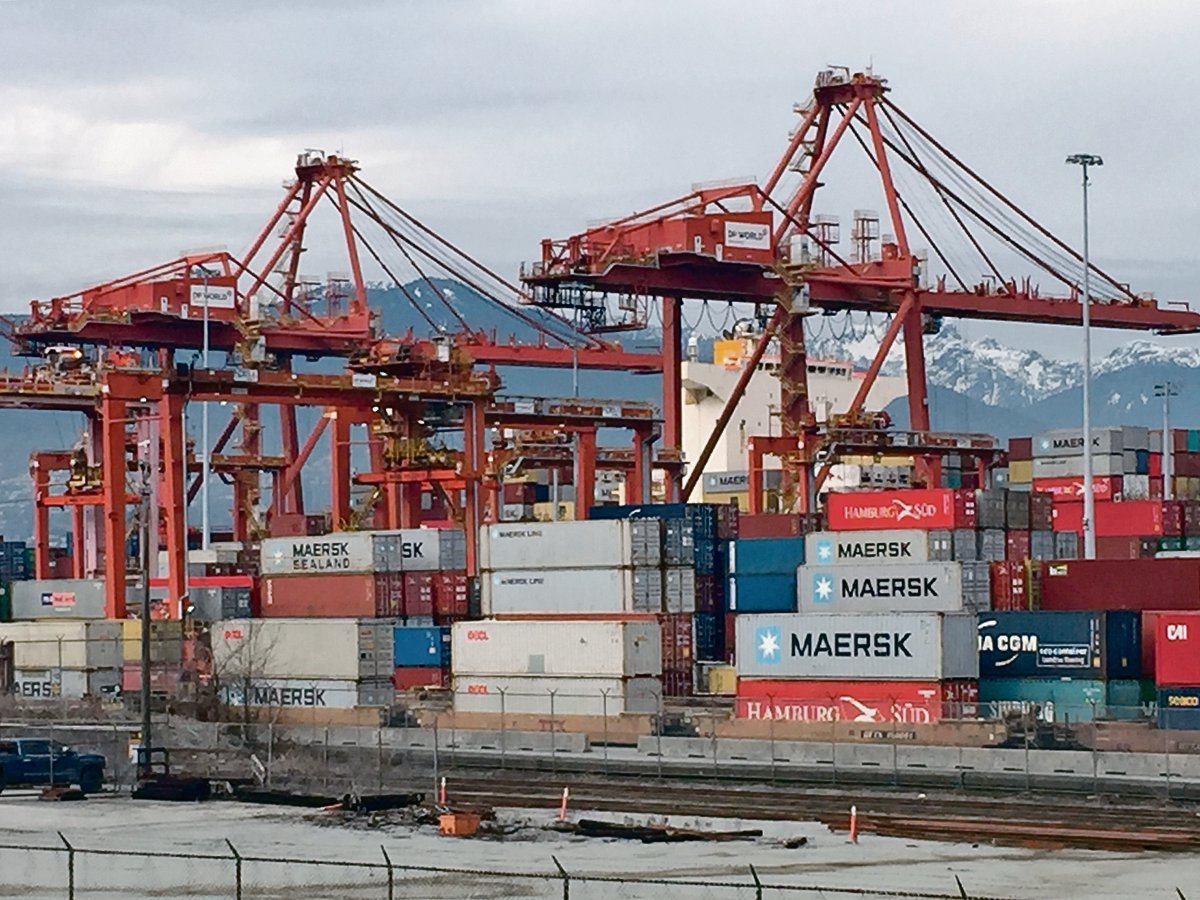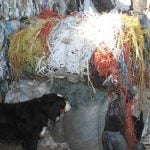DRESDEN, Ont. — There’s a move afoot that could bring more farmers into the organic fold.
It’s one possible outcome if changes to Canada’s current organic certification process are introduced to address the concerns of small diversified producers.
Tony McQuail, an organic farmer in southwestern Ontario, is part of the Working Group on Small Scale Organic Certification, which was formed to consider options. He said the initiative began at the request of the Canadian General Standards Board of Canada.
“Some of the record keeping that’s required makes sense if you’re doing 40 acres of soybeans, but it doesn’t make as much if you’re working with a two acre garden and doing 30 or 40 different crops,” McQuail said.
Read Also

Message to provincial agriculture ministers: focus on international trade
International trade stakeholders said securing markets in the face of increasing protectionism should be the key priority for Canada’s agriculture ministers.
There have also been concerns about the cost of certifying small farms, the amount of paperwork and the response of certifying bodies to requests.
Two different certification systems could eventually emerge.
One would serve the needs of larger players, especially those involved with inter-provincial and international trade. In this case, there would be little change from the current system.
The other would be designed for small farmers serving local markets. The working group decided to develop two options:
- Under peer certification, a peer would evaluate the operation of an organic farmer seeking certification.
- Self-declaration would require organic producers to post their practices for the scrutiny of their customers.
McQuail said the group will likely further discuss a spot check system by certified inspectors as an additional measure.
Tom Manley of Homestead Organics in eastern Ontario said a spot check system should be a key component for a new system.
“I think the proposed change is a necessary move,” he said.
“On one hand, we don’t want to dilute the requirements for certification for the large and moderate-sized operators, but I do recognize the cost of the paperwork and other requirements is a lot for small operators. Many of them have been skipping it.”
Manley said the cost of certification for a small producer can be less than $1,000, depending on the certifier, but it is a considerable expenditure for producers with a few thousand dollars in gross sales.
Lawrence Andres, founder of Harmony Organic in Ontario, also understands the concerns of small organic producers but said the sector can only gain with an increase in certified organic farm numbers.
“The more farms that are certified, the more creditability it gives to the movement,” he said. “I wouldn’t be surprised if we might get hundreds of those smaller farmers that would certify (if the changes are made).”
Industry analysts can only speculate on the number of uncertified farms compared to certified farms.
Canadian Organic Growers listed more than 3,700 certified farms in Canada in 2010 along with 870 processors and 25 handlers. The numbers for Western Canada in 2010 were 1,892 farms, 289 processors and 78 handlers.
Overall organic farm numbers may be much higher, although there is no way of knowing how many uncertified farms would actually qualify for certification.
Jen Gamble of the Certified Organic Associations of British Columbia, said farmers were last asked to self-identify as being organic in 2006. Close to 3,232 farms reported they produce organic products, but 85.6 percent were not certified.
Under the federal system, farmers who are not involved in inter-provincial or international trade can identify their operations as organic regardless of certification.
However, there is a move to tighten the rules to require farmers to have certification if they want to call themselves organic.
Manley said that’s already the case under provincial regulations in Quebec, Manitoba, British Columbia and Nova Scotia.
Manley and his family certified 400 acres of farmland in 1988 and launched an certified organic processing facility in 1997.
The McQuail and Andres families are Canadian organic pioneers. They witnessed the emergence of certification in the 1980s and the evolution to a federal organic standard in 2009.
Mischa Popoff, a former Canadian organic inspector, suggested yet another certification option for the organic sector.
“Why not forego all of the useless, time-consuming paperwork for all applicants and go instead with a once annual crop test, a test which would cost less than one-tenth what the current paper-based system costs?” he said.
“Surely this would attract even more applicants from across Canada, both big and small, instead of dealing with mounds of paperwork.”
Popoff said the outcome-based approach could begin with a test for soil and plant-borne pathogens and eventually include tests for chemical residues and synthetic fertilizers.
Manley said organic agriculture uses a systems-based approach, which takes more into account than just the presence or absence of pathogens, chemicals and synthetic fertilizers.














